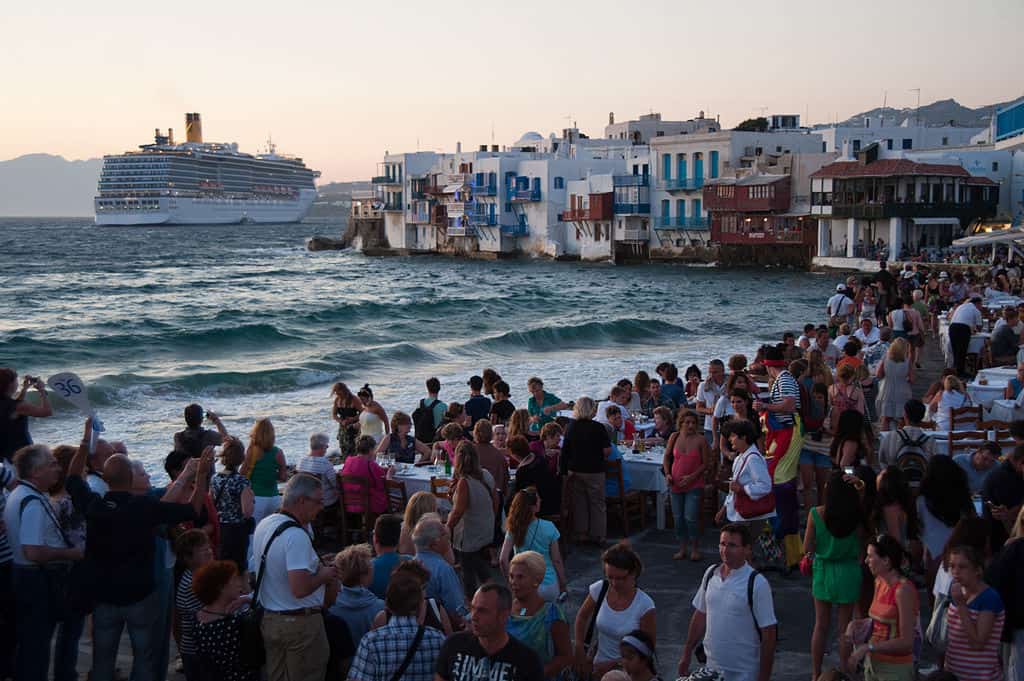Goodbye freeloading, hello free thinking; the Travel Foundation asks “Who pays?”

When you next go on vacation, who will pay?
It’s a simple question and you may think the answer is obvious: you, the customer.
But are travellers covering their costs?
Experts at a roundtable event organised by Cornell University were asked that question and they answered with a resounding “no”.
All those around the table — academics and representatives from businesses and destinations — accepted that tourism isn’t paying its way.
Our industry is undervaluing its shared products — the destination “assets” visitors enjoy, such as beaches, biodiversity, heritage sites and infrastructure.
How has this come about? Some of the reasons include:
- Residents footing the bill for shared infrastructure. For instance, in Rhodes Island, Greece, one research study found locals were unwittingly subsidising the cost of energy during the tourism season, by an estimated €20 million.
- Underinvestment in destination maintenance (with most tax revenues being diverted to marketing and promotion).
- Economic “leakage”, where as much as 80% of tourism revenue leaves the country due to taxes, wages, and profits being paid outside of a country, and due to importing food and other goods.
- Government subsidies and tax incentives which distort the commercial costs of tourism.
The result for destinations can be seen across the world as has been highlighted by the media recently. Islands have closed to tourism in Thailand and the Philippines due to environmental concerns. And residents in many European cities have acted out over what has been described as “overtourism”.
So how can we ensure destinations can balance their books across their triple bottom line (social, environmental, financial)?
A 2017 WTTC report (linked below) proposed we should account for destination maintenance and sustainability and set prices accordingly (referred to as the “actual” cost). Such a proposal may seem painfully obvious, and yet its inclusion in the report tells us how far we, as an industry, must go.
Cornell’s roundtable participants viewed the continuing growth of global tourism as an opportunity to create a fundamental shift in how it operates, considering innovations such as better valuation of destination assets, B Corp business models, different funding approaches, and stronger local governance.
The Travel Foundation is now working with Cornell and its Sustainable Tourism Asset Management Program, led by Megan Epler Wood, to produce a joint report that will make the case for better destination management, and describe how organisations can make the transition.
The Sustainable Tourism Entrepreneurship and Destination Asset Management Roundtable was organized by the Pillsbury Institute for Hospitality Entrepreneurship at Cornell University on May 3 2018. The roundtable was part of the Sustainable Tourism Asset Management Program at Cornell.
Featured image: Little Venice quay flooded with tourists. Mykonos island, Cyclades, Agean Sea, Greece. By Mstyslav Chernov (CC BY-SA 3.0) via Wikimedia.
Downloads
- Coping with Success: Managing Overcrowding in Tourism Destinations, December 2017, McKinsey & Company and World Travel & Tourism Council (PDF; hosted offsite)
About the Author

Ben Lynam is Head of Communications at the Travel Foundation.





